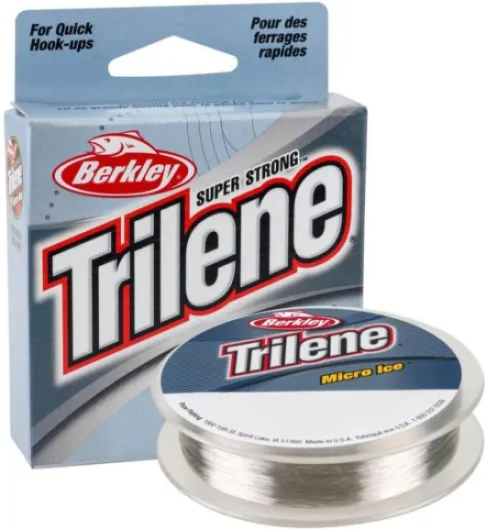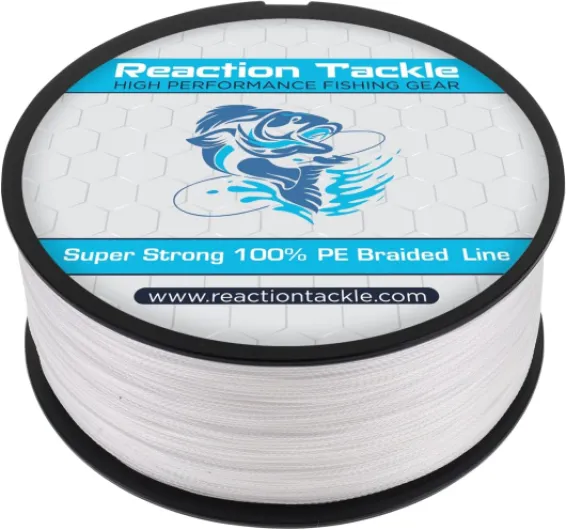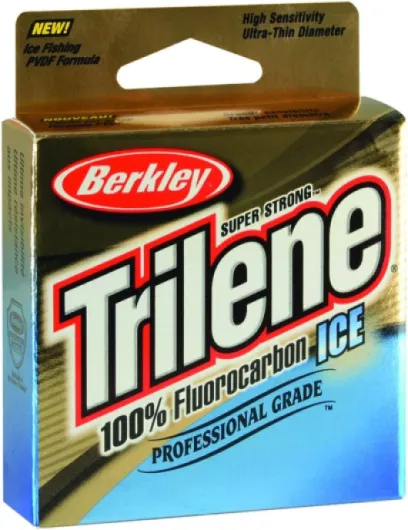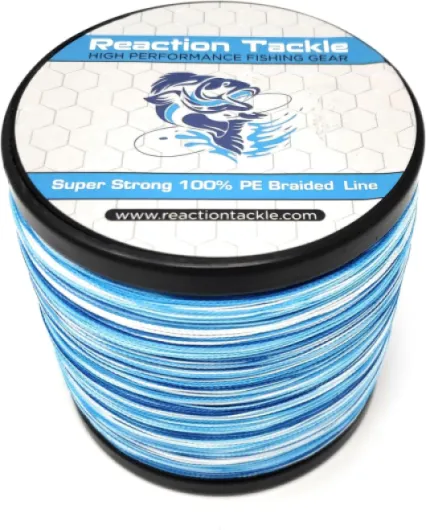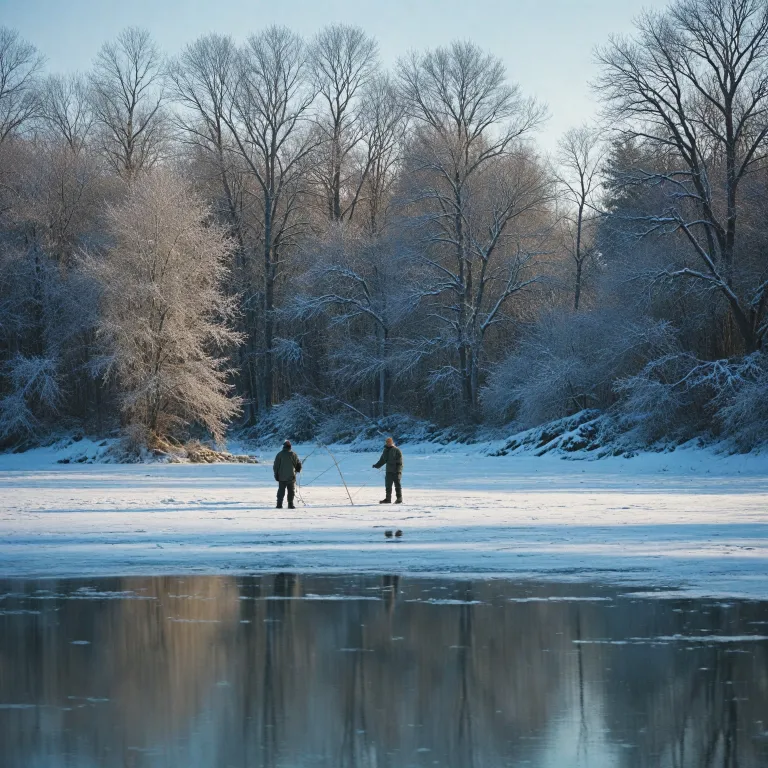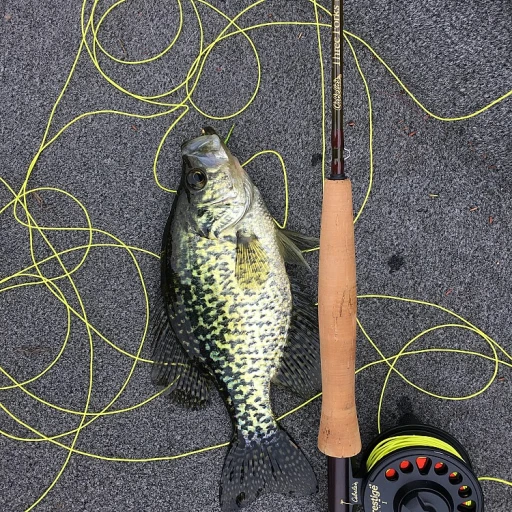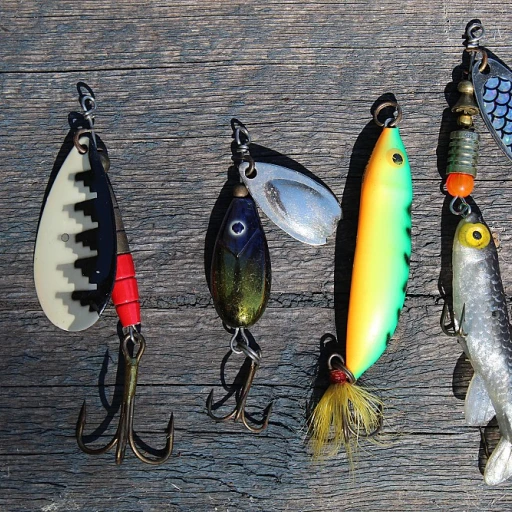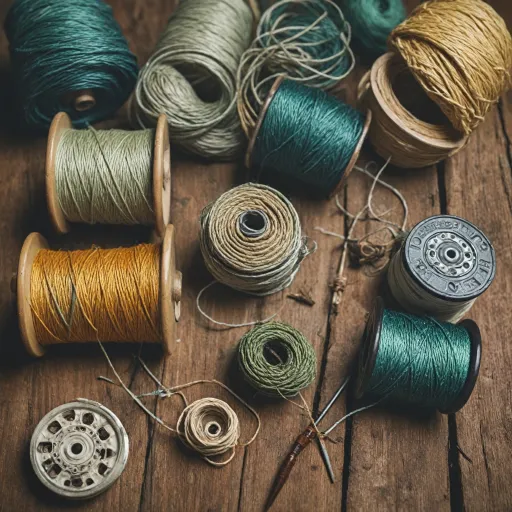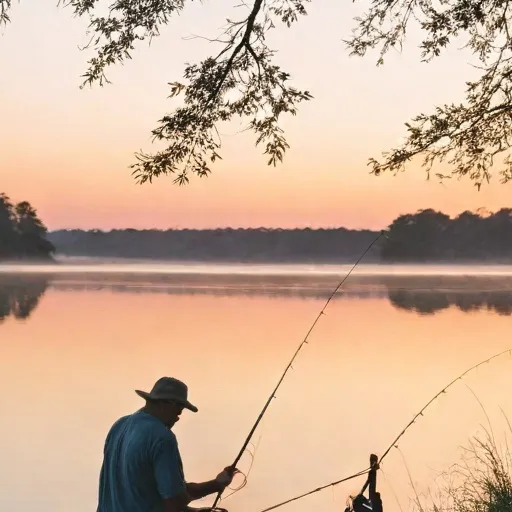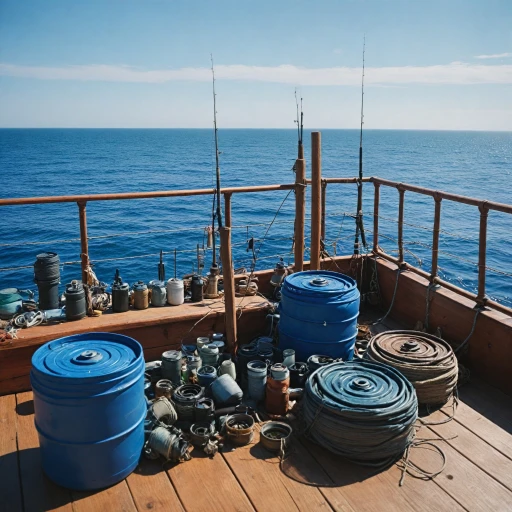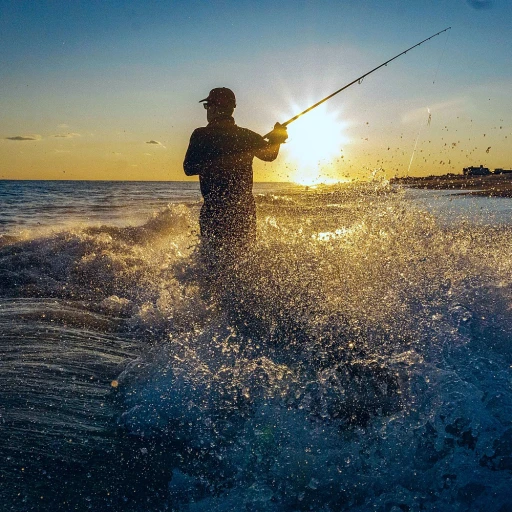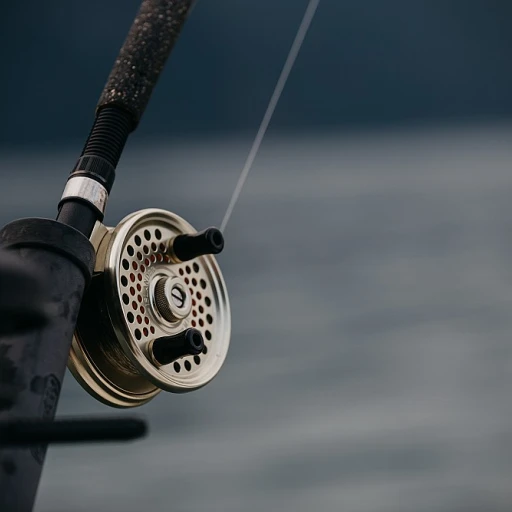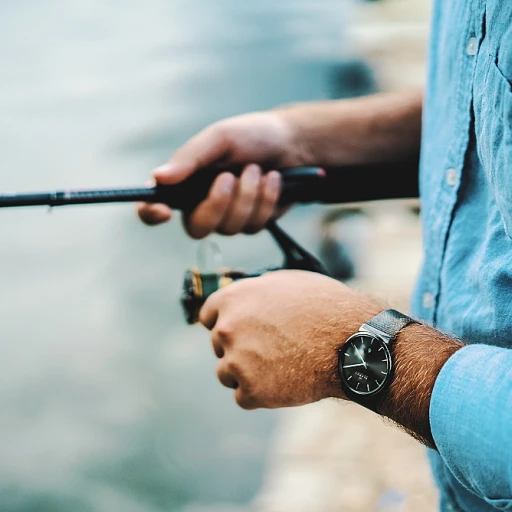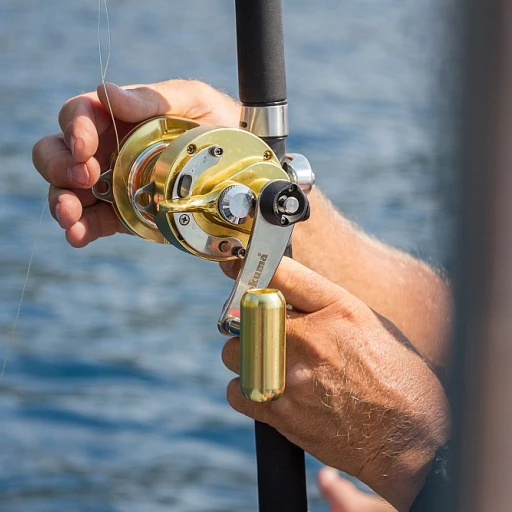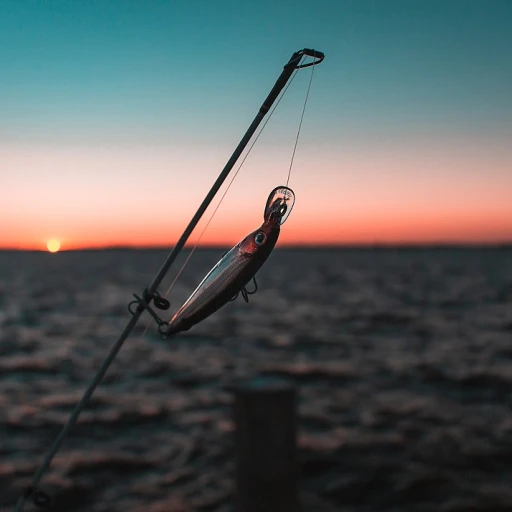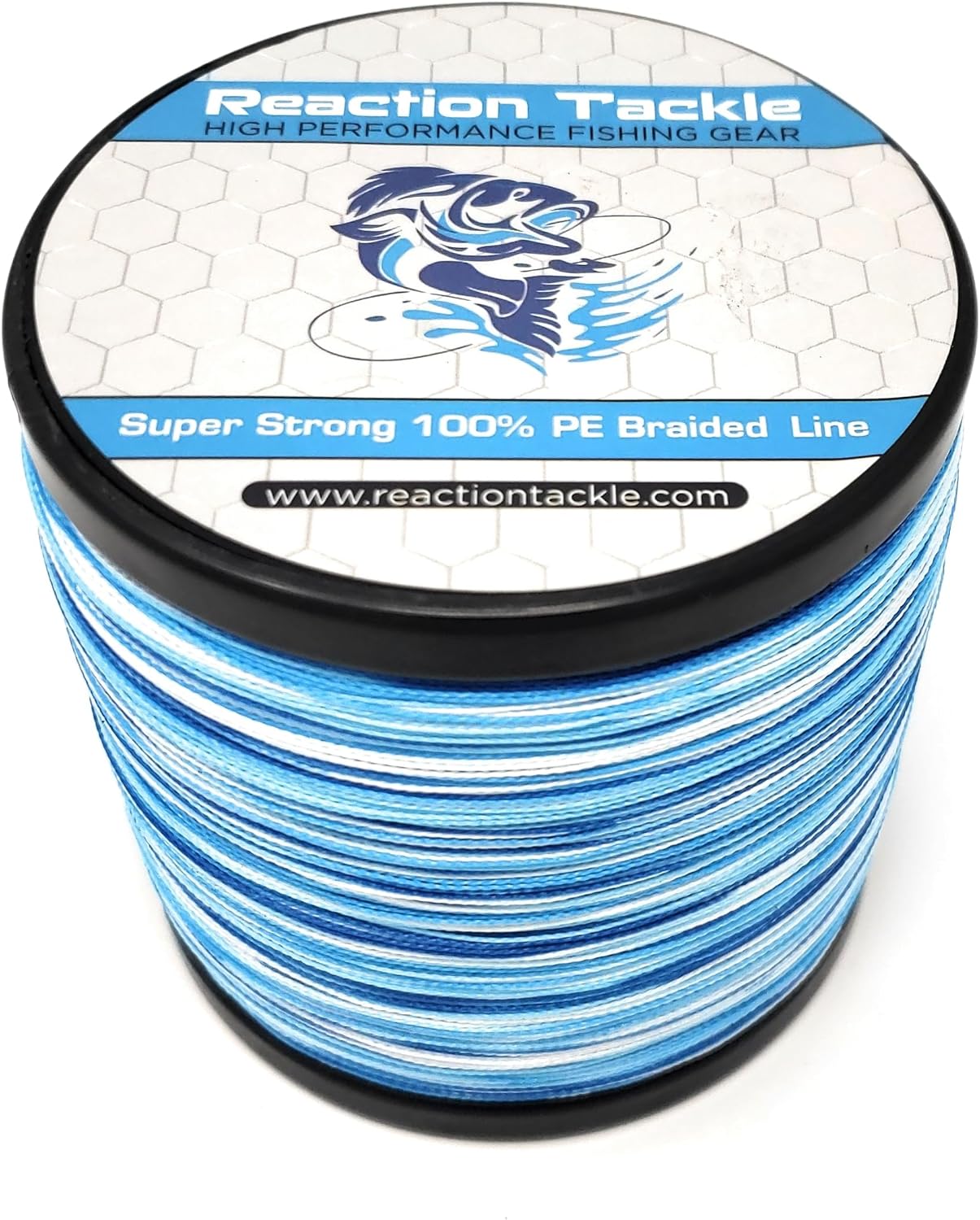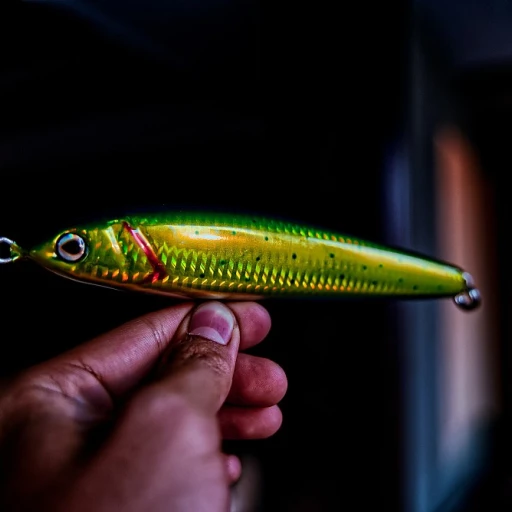
Understanding Ice Line Basics
The Essentials of Ice Fishing Line
When it comes to mastering the world of ice fishing, understanding ice line basics is key. Ice lines are specially designed to operate under challenging conditions, where temperatures drop and the game takes place beneath frozen surfaces. By learning the fundamentals, anglers can enhance their skills as players in this frosty adventure.
It's important to recognize that ice lines differ from traditional fishing lines. Their construction is uniquely suited to withstand the harsh environment, providing the support needed to handle the weight of potential catches when space is limited. These lines are made with materials that allow for flexibility and strength—qualities crucial when hosting a fishing event on the icy expanse of a frozen lake.
Understanding the critical components of your ice fishing lineup includes not only selecting the right line but also having the right tools, such as rods and augers. Frosty adventures bring not only the thrill of the game but also the challenge of adapting to a cold system where national conditions are ever-changing.
The essence of choosing the perfect ice line also involves viewing different line systems with a critical eye. Each type of line serves a unique purpose, determined by factors such as target species and the angler's specific needs. Understanding these aspects allows for more effective community engagement among fishing enthusiasts.
A well-selected ice line will elevate your performance, solidifying your role as a valued member of the recreational fishing community. By familiarizing yourself with the intricacies of ice lines, you'll ensure that your gear can withstand the rigors of an ice-covered planet, keeping your ice fishing program successful and enjoyable.
Types of Ice Lines and Their Uses
Exploring Various Ice Line Options
When embarking on your ice fishing adventure, selecting the right ice line is essential to enhance your fishing experience. There are several types, each tailored to different game fish and environmental conditions. To begin, let’s delve into a few of these specialized lines and learn how they support your ice fishing endeavors.- Monofilament Ice Lines: Known for their versatility, monofilament lines are great for novice and experienced anglers alike. This line offers a good balance between strength and stretch, ideal for targeting species that require a bit more give in the line.
- Fluorocarbon Ice Lines: Ideal for clear water conditions, fluorocarbon lines provide low visibility and excellent abrasion resistance. They are perfect for species that are line shy or roam in areas with plenty of debris.
- Braided Ice Lines: When you need something that won't let you down, braided ice lines offer superb strength and minimal stretch. Their sensitivity lets you feel every bite, even with gloves on.
Choosing the Right Ice Line for Your Needs
Finding the Perfect Fit for Your Ice Fishing Adventures
Choosing the right ice line is an essential part of the ice fishing experience. With various types of ice lines available to understand their uses, selecting the best one for your specific needs can enhance your chances of success on the ice.
Consider the type of game you are targeting. Different species require different strengths, diameters, and levels of sensitivity in your ice line. Lines that work well for small panfish may not support the weight and fight of a larger predator. Evaluate your objectives before setting out, and ensure your line is matched to the fish you hope to catch.
Think about the specific conditions you'll face on the ice. If you are fishing in extremely cold environments, ensure that your line can withstand such low temperatures without losing its integrity. Modern technology has brought lines that resist freezing and provide excellent performance even in harsh conditions.
Your fishing method also influences the type of ice line you'll need. For instance, tip-ups versus jigging requires distinct line types and characteristics. Learn which system suits your style of fishing to maximize your enjoyment and efficiency.
Additionally, you'll want to match your line with the appropriate fishing rod. Explore our guide on mastering the art of Carolina rigs to further enhance your fishing setup.
By thoroughly understanding and considering these factors, you can make informed decisions, enhancing your ice fishing program and contributing to better community engagement with fellow enthusiasts. Selecting the right ice line not only supports your individual efforts but also elevates the entire fishing experience.
Materials and Technology in Ice Lines
Innovation in Ice Line Materials and Technology
When selecting the ideal ice fishing line, understanding the materials and technology that go into their production can significantly enhance your fishing experience. Science and innovation have brought forth more sophisticated ice lines, providing substantial support for every angler in their quest to reel in a big game.- Advanced Materials: High-quality ice lines use advanced materials that are designed to withstand sub-zero temperatures without losing strength. This is crucial when fishing over thick ice, where durability becomes a critical factor. Many lines incorporate copolymers or are fluorocarbon-coated, providing excellent abrasion resistance even on rough ice surfaces.
- Technological Enhancements: Recent advancements include lines that incorporate microfilament technology. These lines offer high sensitivity and added strength, which supports anglers in feeling the slightest nibble, improving their chances in various conditions. This technology also comes with a low diameter, saving space on the reel while maintaining strength.
- Smart Systems: Some manufacturers introduce color-coded systems aimed at helping you to better track your line. This feature is particularly beneficial during low-light conditions or when drilling multiple holes, allowing you to efficiently manage the line and enhance visibility.
Maintaining Your Ice Line for Longevity
Prolonging the Life of Your Ice Line: Practical Tips
Ensuring your ice line remains in top condition for the duration of its lifespan—and even beyond—requires attention to maintenance. Many enthusiasts overlook this crucial step, leading to unnecessary wear and tear. Here’s how you can become part of the game by taking good care of your line, which in turn supports a better angling experience.- Regular Inspection: Before heading out into your chosen ice fishing space, perform routine checks on your line. Look for any signs of fraying or weak points that might break under strain. Early detection of issues can prevent line failures in critical moments.
- Cleanliness is Key: After enjoying a successful ice fishing outing, clean your line thoroughly. Ice can introduce unwanted debris and dirt that, if left unchecked, can damage the line's integrity over time. Rinse it in freshwater and let it dry completely before storing.
- Proper Storage: When not in use, store your ice lines in a cool, dry place. Never underestimating the effects of prolonged exposure to direct sunlight or fluctuating temperatures which can weaken the line's structure.
- Avoid Overstretching: It’s beneficial to understand the limits of your ice line. Whether navigating through ice or pulling up a hearty catch from beneath the frozen surface, knowing when the line is overstressed will ensure it maintains its strength throughout your fishing endeavors.
- Seasonal Review and Replacement: Make it a habit to review your ice line every season. Change it regularly to ensure you're always ready for what your preferred location planet offers. Making replacements part of your routine program will keep disappointments at bay.
Common Mistakes to Avoid with Ice Lines
Missteps to Sidestep While Handling Ice Line
When engaging in the captivating and strategic game of ice fishing, it’s important to consider some common missteps anglers make with their ice lines. These mistakes can hinder one's overall fishing program and potentially decrease the longevity and effectiveness of your ice line. Here’s how to avoid them:- Neglecting Maintenance: A well-maintained ice line is crucial, yet often overlooked. Regular checks and proper storage support the line’s durability against harsh ice conditions. Maintain a dedicated space in your storage system to avoid unnecessary twists and tangles.
- Inappropriate Line Selection: Choosing the wrong type of ice line for your needs can lead to frustration. Learn from section 3's insights on selecting suitable lines based on the fish, water environment, and temperature.
- Improper Installation Techniques: Incorrectly installing your line can affect performance. Make sure you consult guidelines or a professional to master correct installation methods that fit your fishing vehicle or hosting facility.
- Ignoring Material Advances: With advancements in material technology and national ice line developments, staying updated is vital. Use modern materials that enhance sensitivity and performance - a factor emphasized in section 4 on materials and technology.
- Disregarding Community Engagement: Being part of an ice fishing community can offer valuable insights and tips. Engage with fellow anglers to view fresh perspectives and enhance your ice fishing experience.
By acknowledging these common mistakes, ice fishing enthusiasts can ensure a successful fishing endeavor. Remember, preparation and continued learning are key. Each participant in your fishing team plays a crucial role in maximizing your ice fishing adventures.

